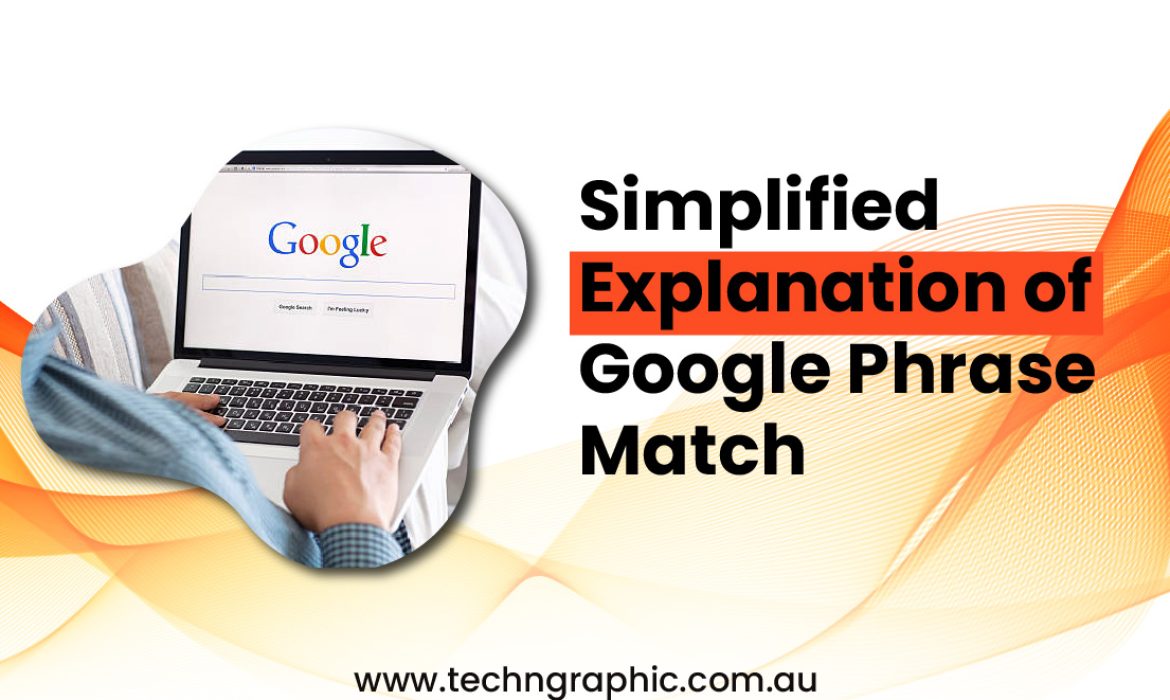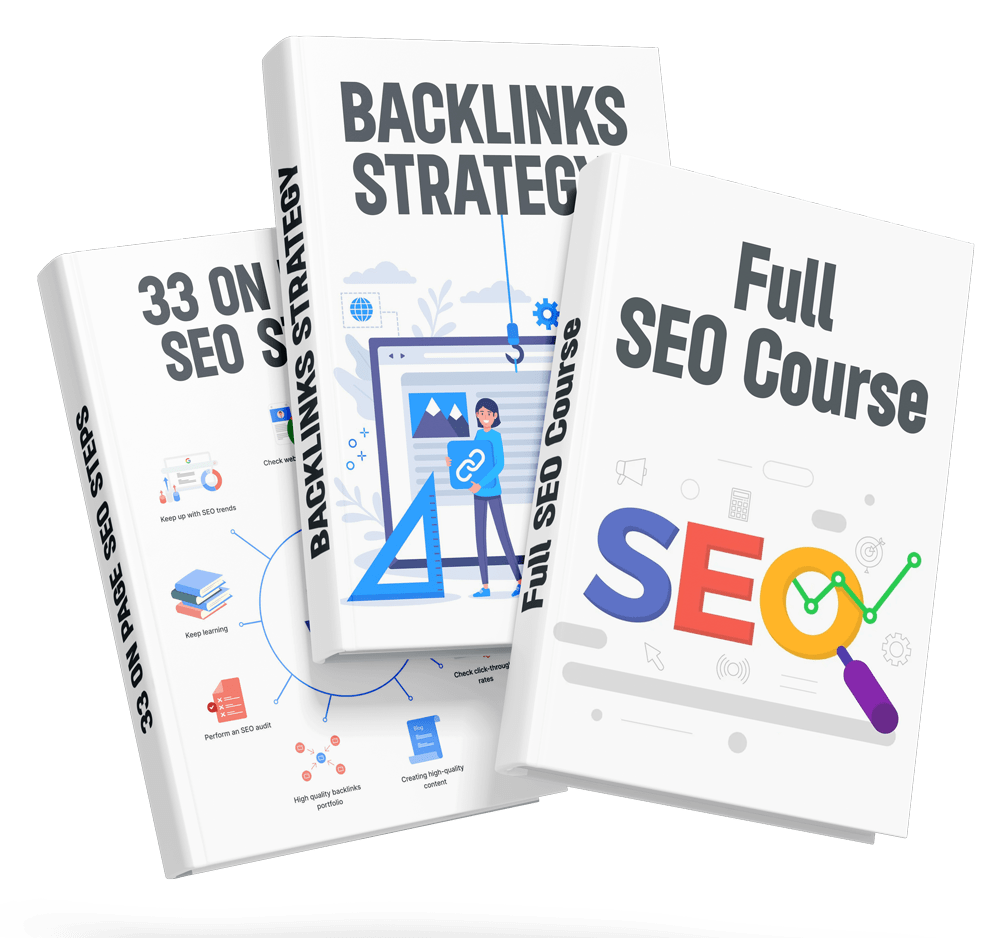What is Google Phrase Match?
Google Phrase Match is a tool used by advertisers to show their ads when people search for specific topics online. It connects ads to searches that may not use the exact same words but have the same meaning or intent. This allows businesses to reach more people while still showing ads relevant to what users are looking for.
Key Points to Understand
- How Does Phrase Match Work?
- In the past, Phrase Match only showed ads if the search had the exact words in the same order. For example, if the keyword was “eco-friendly cleaning supplies,” ads would only appear for searches containing that exact phrase.
- Now, with updates in 2024, Phrase Match is more flexible. It focuses on the intent behind searches. For example:
- Keyword: “eco-friendly cleaning supplies”
Ads might appear for searches like:- “sustainable cleaning products”
- “green cleaning solutions”
- These searches don’t match word-for-word, but they mean the same thing.
- Keyword: “eco-friendly cleaning supplies”
- Why the Change?
- Google’s artificial intelligence (AI) is now better at understanding what people mean when they search. This helps businesses reach the right people, even if they don’t use the exact words.
- New Features with Phrase Match
- Search Intent First: Ads focus on the user’s purpose for searching, not just the exact keywords.
- Brand Controls:
- Brand Exclusions: Stops ads from showing up in searches about brands you don’t want to associate with. For example, if you’re a premium product seller, you might exclude searches with the word “cheap.”
- Brand Inclusions: Ensures ads only appear for searches linked to selected brands.
- Benefits of Phrase Match
- Balanced Reach: Phrase Match gives businesses control over who sees their ads, more than Broad Match but less than Exact Match.
- Wider Audience: Captures more searches related to the topic, increasing chances of finding potential customers.
- Cost-Effective: Smart Bidding (Google’s AI-based system) helps keep ad spending efficient by targeting the right people.
- Challenges of Phrase Match
- Broader targeting can sometimes show ads to less relevant audiences, leading to unnecessary spending.
- To avoid this, advertisers need to use tools like:
- Negative Keywords: Exclude words that aren’t relevant (e.g., “cheap” for luxury products).
- Regular Monitoring: Check reports to remove unrelated searches.
How Phrase Match Compares to Other Match Types
- Exact Match:
- Most precise. Ads only show if the search exactly matches the keyword.
- Example: “tennis shoes” → Ads only show for “tennis shoes,” not “sports shoes for tennis.”
- Broad Match:
- Least precise. Ads show for searches loosely related to the keyword.
- Example: “tennis shoes” → Ads may show for “sports equipment” or “running shoes.”
- Phrase Match:
- A middle ground. Ads appear for searches that align with the intent but may use different words.
- Example: “tennis shoes” → Ads may show for “men’s tennis sneakers” or “sports shoes for tennis.”
Advanced Strategies to Improve Phrase Match Results
- Thematic Groups:
Organize keywords around specific themes. For example:- Theme: Eco-Friendly Cleaning
Keywords: “green cleaning solutions,” “eco-safe detergents.”
- Theme: Eco-Friendly Cleaning
- Use Negative Keywords:
Exclude irrelevant words to avoid wasting money.
Example: If selling premium products, exclude keywords like “cheap” or “bargain.” - Smart Bidding:
Let Google’s AI set bid prices to maximize your return on investment (ROI). - Search Term Reports:
Analyze what users are searching for to improve your ad targeting. - A/B Testing:
Test different ad designs or messages to see what works best.
Why Does This Matter?
For businesses, using Google Phrase Match effectively means they can:
- Attract the right customers.
- Avoid wasting money on irrelevant clicks.
- Compete better in online advertising.
By keeping ads relevant and using AI tools, businesses can balance reaching a broad audience and staying cost-efficient.
Final Thoughts
Google’s updates to Phrase Match are part of its efforts to rely on AI and better understand user intent. Advertisers need to adapt by using advanced strategies like negative keywords, Smart Bidding, and thematic grouping to stay effective in this new system. This balance of broader reach with relevant targeting makes Phrase Match a powerful tool in the modern advertising landscape.
Ready to boost your online visibility and drive more traffic to your website? Contact techNgraphic today to leverage expert SEO strategies and take your business to the next level!



